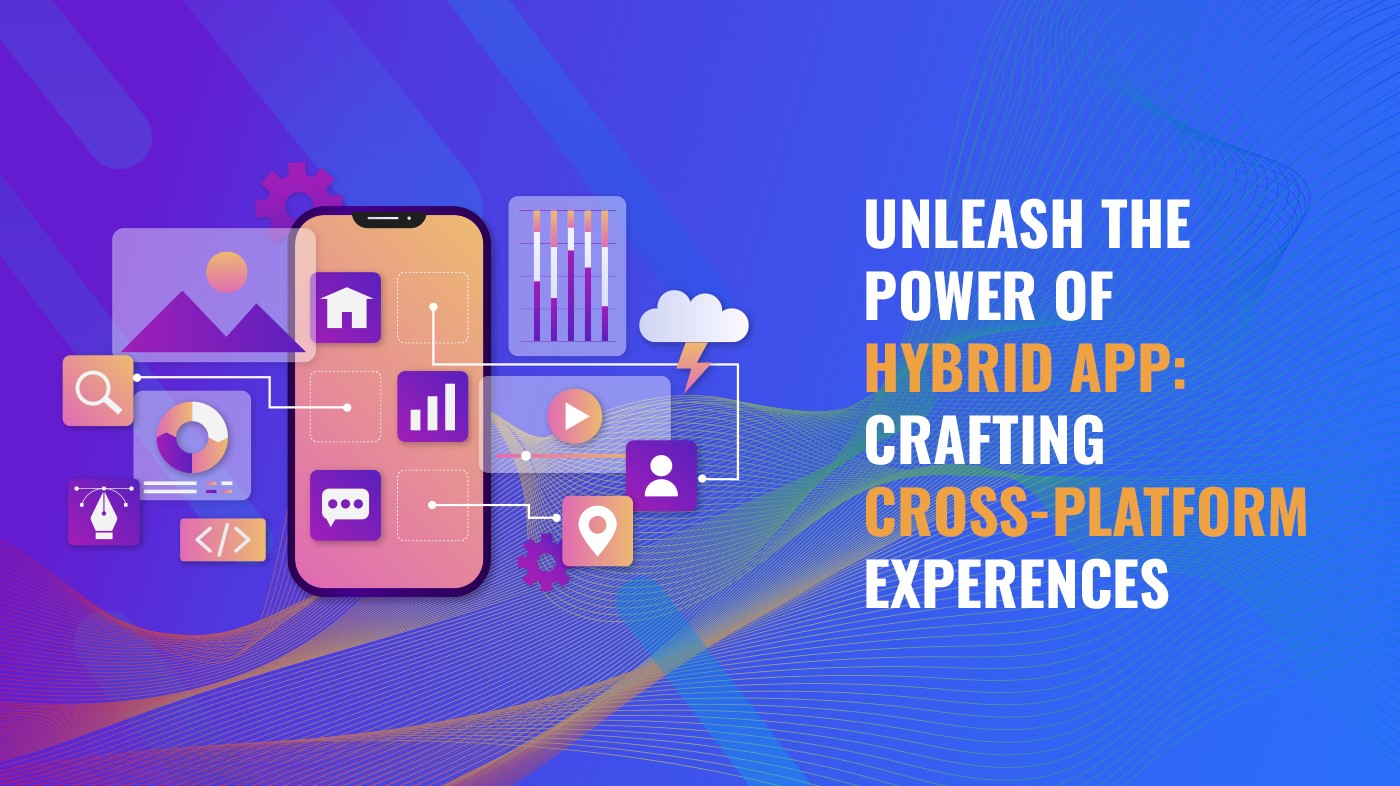In the ever-evolving world of mobile applications, developers are constantly seeking efficient ways to create apps that work seamlessly across multiple platforms. This quest has led to the rise of hybrid app development, a powerful approach that combines the best of native and web technologies. In this blog post, we will demystify the world of hybrid app development, exploring its benefits, challenges, and how it enables developers to build eye-catching cross-platform experiences.
Understanding Hybrid App Development
Hybrid app development refers to the process of creating mobile applications that combine elements of both native and web technologies. Unlike native apps, which are built specifically for a particular platform (e.g., iOS or Android), hybrid apps leverage web technologies such as HTML, CSS, and JavaScript, wrapped in a native container, to run across multiple platforms.
Benefits of Hybrid App Development
- Cross-Platform Compatibility: One of the primary advantages of hybrid app development is its ability to work on multiple platforms with a single codebase. Developers can save time and resources by building once and deploying the app across iOS, Android, and other platforms.
- Cost-Effectiveness: Hybrid app development reduces development costs by eliminating the need for separate teams and codebases for each platform. This approach allows businesses to reach a wider audience without breaking the bank.
- Faster Time to Market: Hybrid apps can be developed and deployed rapidly since a single codebase can be shared across platforms. This accelerated development cycle gives businesses a competitive edge by enabling them to launch their apps quickly.
Challenges in Hybrid App Development
Hybrid app development comes with benefits, but developers must also be aware of its challenges:
- Performance
Hybrid apps typically rely on a web view to render the user interface, which can lead to performance limitations compared to native apps. However, advancements in hybrid frameworks and native plugin integration have significantly improved performance in recent years.
- User Experience
Delivering a consistent and smooth user experience across different platforms can be a challenge. Developers need to optimize the app’s UI/UX design to ensure it feels native on each platform.
- Limited Native Functionality
Hybrid apps might face limitations when accessing certain device-specific features. While plugins and frameworks can bridge the gap to some extent, developers should be aware of the functionalities they can leverage in a hybrid environment.
Tools and Frameworks for Hybrid App Development
Several popular frameworks, such as React Native, Flutter, and Ionic, have emerged as powerful tools for hybrid app development. These frameworks provide developers with an extensive set of pre-built components, seamless integration with device APIs, and a supportive community, making the development process smoother.
Final Takeaways
Hybrid app development has revolutionized the way developers build cross-platform applications. By leveraging the strengths of both native and web technologies, developers can create visually stunning and feature-rich apps that run seamlessly on various platforms. While challenges such as performance and user experience optimization remain, the benefits of hybrid app development, including cost-effectiveness and faster time to market, make it an attractive choice for businesses aiming to reach a wider audience.
In the ever-evolving landscape of mobile app development, hybrid IT architecture stands as a versatile solution that enables developers to unlock the potential of cross-platform experiences. By embracing this approach, businesses can deliver eye-catching apps that captivate users across multiple platforms, maximizing their reach and impact in the digital world.

